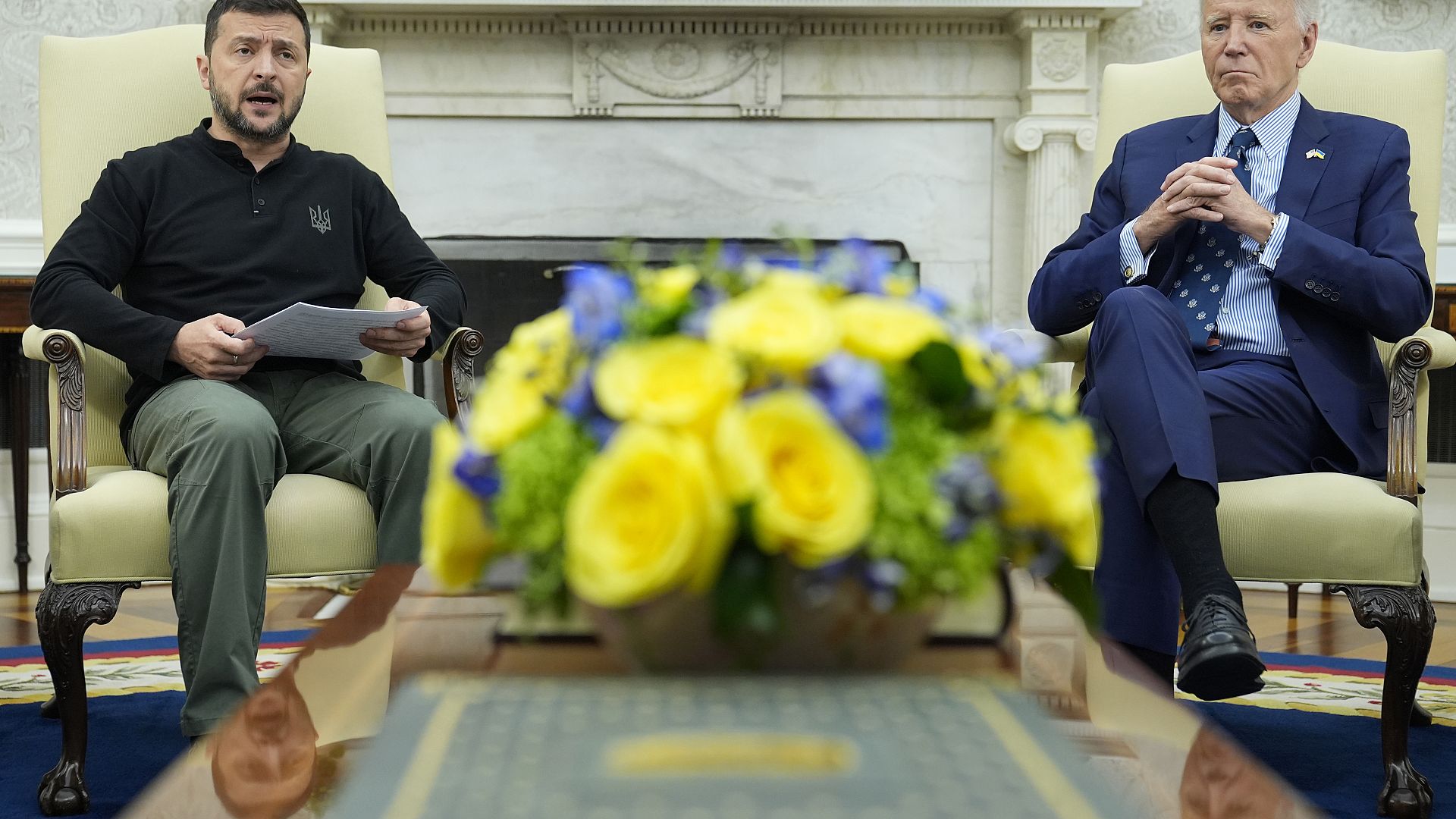Introduction
In this edition of State of the Union, we cover significant updates from around the globe, including Ukrainian President Volodymyr Zelenskyy’s vital visit to the United States, the latest economic forecasts by the European Bank for Reconstruction and Development (EBRD), and the German car industry’s current struggles.
Germany’s Automotive Industry Crisis
Alarm in Europe’s Economic Powerhouse
For weeks, Europe’s gaze has been fixed on Germany, the continent’s largest economy and ailing car industry leader. German car manufacturers are facing a substantial crisis, primarily driven by a nearly collapsing electric vehicle market. This downturn threatens severe consequences not only in Germany but across the European Union.
Potential Job Cuts and Plant Closures
Amid fears of historic job cuts and potential plant closures at industry giants like Volkswagen, along with plunging earnings at Mercedes-Benz and BMW, the German economy ministry has held emergency talks. Notably, economic minister Robert Habeck expressed his commitment to offer support, though he ruled out quick fixes. He emphasized the importance of long-term planning over short-term, reactionary measures that could destabilize the market further.
Re-orientation of the Manufacturing Sector
Germany finds itself in the unenviable position of having to re-orient its entire manufacturing sector, which has until now relied heavily on inexpensive Russian energy. With the ongoing strains on federal finances and ongoing trade disputes with China, the solutions appear complex and limited.
Volodymyr Zelenskyy’s US Visit
Calling for Support at the United Nations
Ukrainian President Volodymyr Zelenskyy recently made a critical visit to the United Nations, where he sought to drum up international support for his so-called “victory plan.” He responded robustly to calls from some factions within Europe to negotiate with Russia, questioning the utility of such talks given Russia’s ongoing aggression.
Economic Struggles Amid War
Zelenskyy also addressed the severe economic challenges Ukraine faces due to the ongoing conflict. He underscored that continual support is essential for Ukraine’s survival and eventual recovery.
EBRD’s Economic Forecast
Challenging Economic Conditions
The latest Regional Economic Prospects report from the European Bank for Reconstruction and Development reveals a challenging economic landscape in Europe. High energy prices, particularly for natural gas, and muted demand for exports from countries like Germany continue to strain the economy. Additionally, high borrowing costs add an extra financial burden on nations within the region.
Signs of Improvement
On a brighter note, the EBRD reported a decline in inflation and an increase in real wages, indicating some economic resilience. Despite a lower-than-expected adjustment speed, steadily reducing inflation pressures marks a positive development. Real wages, after initially dropping, have started to catch up, though they remain below pre-COVID levels.
Remaining Inflationary Pressures
Persistent Challenges in Countries like Turkey and Egypt
Nonetheless, inflation remains high in several countries, such as Turkey and Egypt. Depreciation of local currencies has made imports more expensive, exacerbating inflationary pressures. The EBRD’s chief economist, Beata Javorcik, highlighted these continuing difficulties in her analysis.
Focus on Ukraine’s Economic Resilience
Adapting Amid Conflict
Ukraine remains a focal point in the EBRD’s report, reflecting the country’s remarkable resilience amid ongoing conflict. Despite the war, the Ukrainian economy exhibited rapid growth in early 2024, leveraging the Black Sea corridor to export grain, metals, and ores effectively. However, subsequent heavy bombings and infrastructure destruction have severely disrupted economic activities, leading to rolling blackouts and electricity shortages.
Dependency on Imported Electricity
Ukraine has had to rely on expensive electricity imports from Europe, further straining its economy. These challenges highlight the necessity for continued international support to stabilize and eventually rebuild Ukraine.
Conclusion
The geopolitical landscape remains fraught with economic and political challenges. From the German automotive industry’s struggles to Ukraine’s battle for economic stability amid war, Europe faces a multifaceted crisis. The international community’s role in supporting these critical sectors is more crucial than ever.
